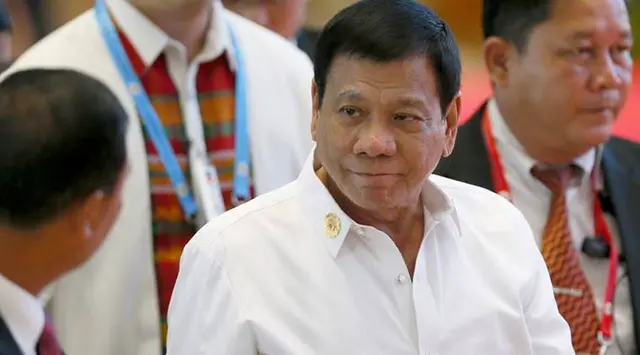MANILA, May 9 (APD) – Philippines President Rodrigo Duterte will leave for Cambodia on Wednesday, May 10 to participate in the upcoming World Economic Forum until Thursday, May 11,2017, beginning his foreign travel to Hong Kong and Beijing for the “One Belt, One Road Forum.”
In a press briefing at Malacanang Palace, Acting Foreign Affairs Spokesperson Robespierre Bolivar said Mr. Duterte, current ASEAN Chair, will participate in the World Economic Forum’s focus on ASEAN. He will be joined by Vietnamese Prime Minister Nguyen Xuan Phuc, current APEC Chair.
“And as ASEAN Chair, President Duterte is expected to share his views on the region’s achievements and challenges and deliver a message to the youth of ASEAN,” Mr. Bolivar said.
He was also given the privilege to speak before international investors about his economic plan.
Mr. Bolivar added President Duterte will also talk about the progress made in building the ASEAN Economic Community. Some 700 business, government, civil society and media are expected to attend the WEF ASEAN forum.
On the 11th, he will fly to Hong Kong where a meeting has been scheduled before the large Filipino community. Most Filipinos in Hong Kong, a Special Administrative Region, are in hotels, restaurants and private homes.
President Duterte will proceed to Beijing, China to participate in the Belt and Road Forum for International Cooperation scheduled on the 14th to the 15th of May where 27 other heads of state and government and three international organizations will participate.
During the ministerial level dialogue, there will be an exchange of views involving government, industries, and research institute.
The leaders’ roundtable to be chaired by Chinese President Xi Jinping, will be attended by heads of state and government and international organizations.
The topics expected to be discussed include infrastructure connectivity, economic and trade cooperation, industrial investment, energy and resources, financial support, people-to-people exchanges, ecological and environmental protection and marine cooperation.
(ASIA PACIFIC DAILY)
 简体中文
简体中文

